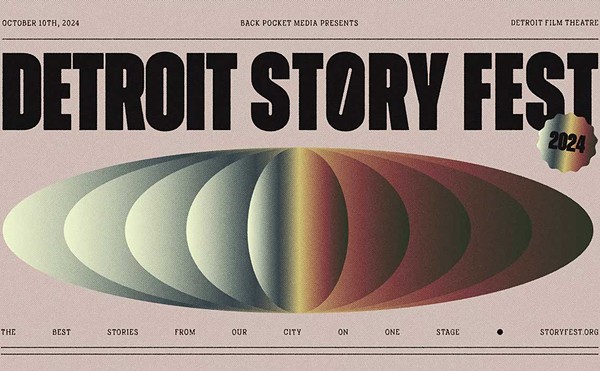Bob Dylan has been experiencing a pop culture renaissance during the past decade, having gotten past his awkward middle period of being a once-young visionary and cultural icon foisted into the role of elder sage who still produces music. The idea of a movie where Dylan essentially plays himself sounds kind of promising. Maybe someday that movie will get made. It’s not this one.
Masked and Anonymous is set in some parallel universe America that resembles a Latin American dictatorship in a permanent state of upheaval. The film, stocked with stars, is directed by Larry Charles, whose writing and directing credits include episodes of “Seinfeld” and “Curb Your Enthusiasm.”
In Masked and Anonymous, a shady character named Uncle Sweetheart (John Goodman) is trying to organize a benefit to aid one of the warring factions; he is determined that his headliner will be the nearly mythic Jack Fate (Dylan). First, Sweetheart has to spring Fate from prison. It’s a threadbare premise which keeps getting lost in a welter of character side stories. The supposed plot comes to nothing in the end, so it doesn’t really matter anyway.
Despite the bevy of stars here, nobody makes much of an impression except for Goodman, who brings his usual panache to a thinly sketched part, and Jeff Bridges, who imbues his role of a cynical newspaperman with a little more depth than the movie can comfortably contain.
As for Dylan, he just can’t act. He can’t make you believe for a moment that he’s anyone but Bob Dylan appearing in a motion picture. As an onstage presence, in this movie anyway, Dylan is unreadable and, sadly, not charismatic. Frail and withdrawn, his reticence reads like self-consciousness. He moves awkwardly, as though painfully aware of being filmed.
The role calls for Dylan to be slightly above and beyond the action. He seems like an outsider, all right, but more like a civilian visiting a movie set than a gnomic poet delivering bons mots to the lost souls around him.
The movie is stuffed with special guest enigmas, most of whom, like Bruce Dern, Angela Bassett, and Ed Harris (in blackface, no less), appear just long enough for you to wonder what they’re doing in the film. A notable exception is Val Kilmer, who plays a misanthropic animal wrangler. Kilmer delivers a loony soliloquy which includes the observation, “A crack in the mud at the bottom of a sun-dried dead lake, I count that more beautiful than any human being.”
The script, credited to Rene Fontaine and Sergei Petrov (surely these are pseudonyms), seems to have been written with the idea of taking the aphoristic aspect of some of the singer’s lyrics and using that as the basis of the film’s stylized dialogue. Given that Dylan’s often-cryptic and sometimes-clever lyrics need the momentum and ambience of his songs to drive home their variable meanings (if any), it’s an approach that, once taken out of context, is guaranteed to be stilted, pretentious and silly.
Of course, that’s unless the writers could have captured the humor and poetry of Dylan when he’s in top form, which they didn’t. And so the dialogue, when it’s not just moving the story along, tends toward either world-weary folksiness (“The land’s too big out there. After a while it starts to swallow you up.”) Or, more frequently, it leans to the symmetrical one-liner, which rarely means as much as it seems to (“Sometimes, it’s not enough to know the meaning of things, you have to know what they don’t mean as well,” or “It’s not what you put in your mouth, it’s what comes out.”)
Presumably, this is supposed to be heavy stuff. But it just sounds like quips made by graduates of the Mae West school of profundity (“It’s not the men in my life, it’s the life in my men ...”) minus the pointed wit.
Dylan gets to do a few songs in his newly expressive croaking style and the sound track offers snippets of interesting cover versions. The one showstopper is a version of “Blowing In The Wind” sung by a young black girl named Tinashe Kachingwe, who gives the old chestnut a hair-raising purity. The song offers a nice moment, but the keynote utterance here is Jack Fate’s assertion that he’s long ago given up trying to figure out what things mean. By the end of the movie, the audience too has given up, and the movie’s attempts to approximate the buzz of a classic Dylan song are flat.
As a result, it’s a mildly intriguing goofball enterprise. The film is bad, but just barely worth watching.
Showing exclusively at the Detroit Film Theatre (inside the DIA, 5200 Woodward Ave., Detroit), Friday-Sunday, Sept. 26-28. Call 313-833-3237.
Richard C. Walls writes about film for Metro Times. E-mail [email protected].





